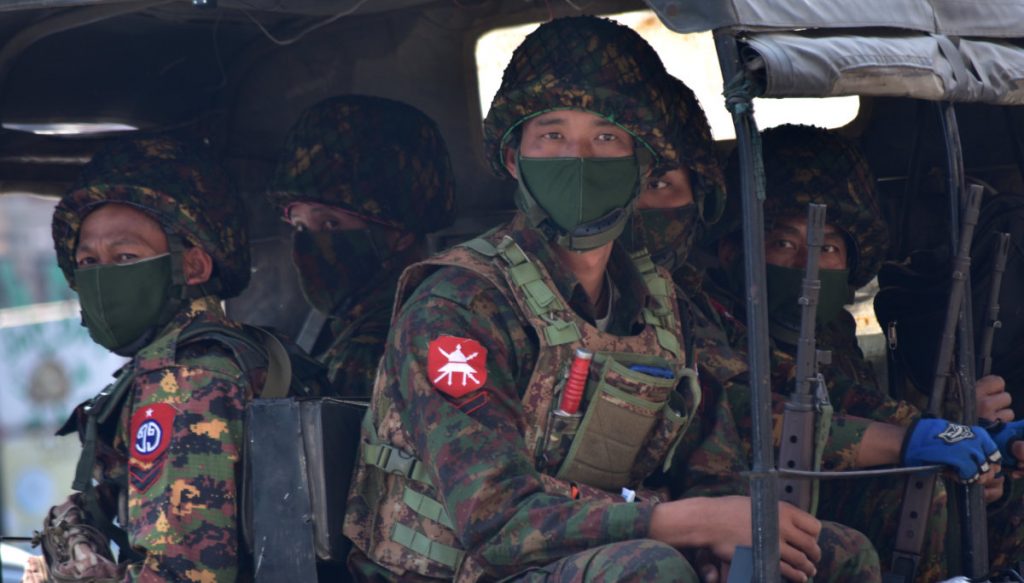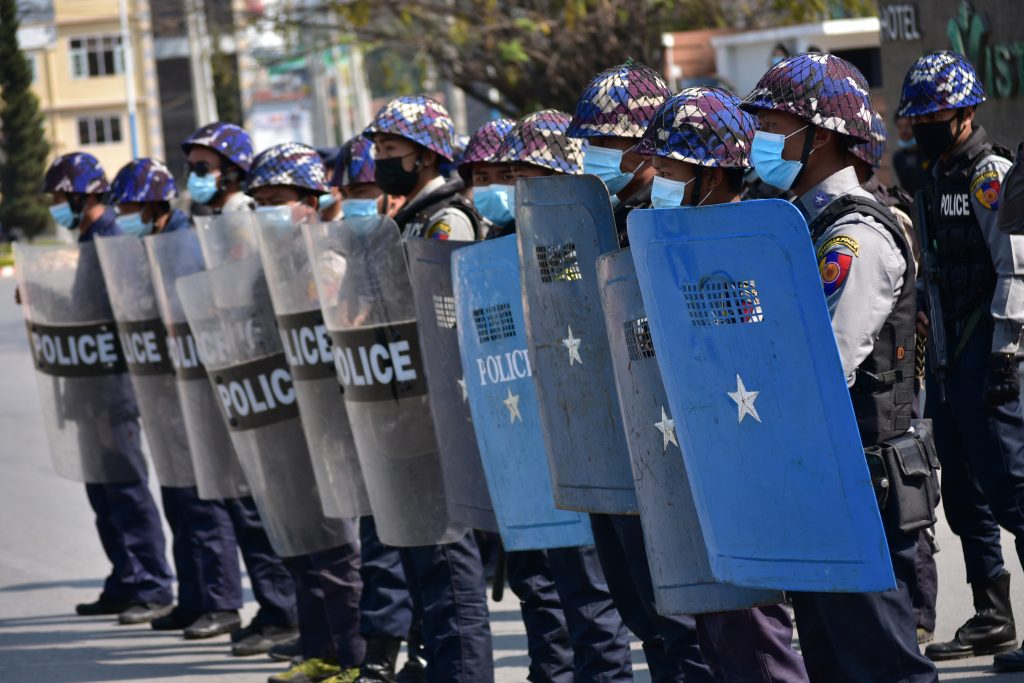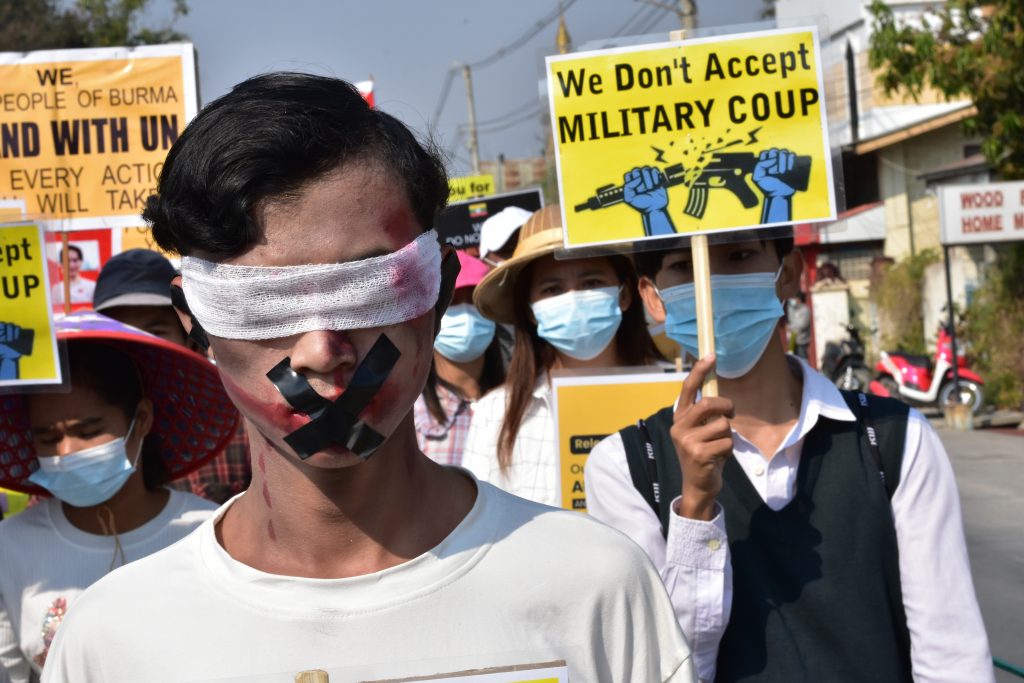History of Impunity

The Myanmar military has been at constant war with the people of Myanmar for over 70 years. Since independence in 1948, the military, under the leadership of successive military strongmen, has committed systematic grave human rights abuses against ethnic minorities and periodic brutal crackdowns on pro-democracy demonstrations, as well as systematic gender-based and sexual violence, and genocide in order maintain its grip on power. The military is the most influential institution in Myanmar. It calls itself the defender of national sovereignty but the military’s toxic influence on the country’s social, economic and political landscape is built on brutality and exploitation. The military uses its shadowy business empire to fuel its crimes and enrich an insular cabal of elite military families and their cronies while the country’s infrastructure crumbles and millions go without basic necessities. Over generations, the military has committed atrocities on a scale and of a nature to constitute crimes against humanity, war crimes and even genocide, but the orchestrators of these crimes have never faced justice.
The Coup

More than three years since the coup began, dynamics on the ground in Myanmar are evolving rapidly. The junta’s extreme violence against civilians in response to peaceful resistance to the attempted coup ignited a nationwide revolution to remove the military from political power once and for all. Anti-junta resistance is now entrenched across the entire country and historic territorial gains made by revolutionary forces against the junta have shattered the military’s long-held veneer of invincibility. In response, Min Aung Hlaing has escalated his campaign of atrocities against the civilian population as he attempts to stave-off his junta’s collapse. The junta’s campaign of indiscriminate aerial bombardment and arson attacks against towns and cities has caused unprecedented destruction on a country-wide scale. At least 3 million people are internally displaced. Tens of millions of people are in dire need of humanitarian assistance as the junta restricts access to life-saving aid to areas of the country under expanding resistance control.
Despite all of this, the resilient Myanmar people are determined to continue their brave struggle until their aspirations for a genuine federal democratic Myanmar are realised. But the challenges they face are enormous.
Our Work

It is in this context that SAC-M was formed to support the peoples of Myanmar in their fight for human rights, peace, genuine democracy, accountability and justice. Our commitment is to provide support to the peoples of Myanmar as they strive for a new democracy and galvanise international political action to exert as much pressure as possible on the military junta.
Our approach is based on three main pillars: strategy, advocacy and communication. We draw on our collective expertise to provide strategic advice to actors in Myanmar working for human rights, peace, genuine democracy, justice and accountability; we advocate on behalf of the democratic movement in Myanmar, to ensure their demands are heard; and we communicate updates and analysis to provide the public and international community with knowledge and understanding of the situation in Myanmar.
We believe that without accountability and an end to the military’s impunity for its crimes, devastating human rights violations against the people of Myanmar will continue and the transition to genuine democracy will not succeed.

